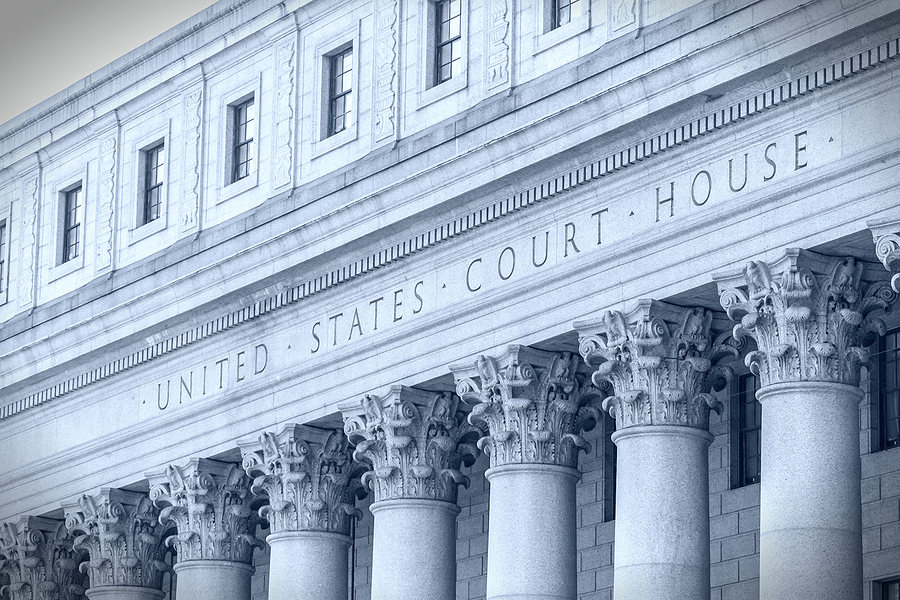The US bankruptcy court is a special type of federal court that handles cases related to individual or corporate bankruptcies. Since bankruptcy is governed by federal law, your lawyer must follow federal and local guidelines when filing for bankruptcy on your behalf. This article explains what a bankruptcy court is and its significance to the American justice system.
About Bankruptcy
Bankruptcy is an option for people who cannot pay back their debts. It allows individuals and businesses to restructure their finances so they can continue paying off their creditors. The United States has a complex set of laws governing bankruptcy.
These laws are designed to protect consumers from unscrupulous debt collectors and unfair financial practices.
According to The Balance, the United States’ first bankruptcy law, the Bankruptcy Act of 1800, started the process of involuntary bankruptcies. Since then, bankruptcy laws in the U.S. have continued to become more comprehensive.
Chapters of the Bankruptcy Code
There are several kinds of bankruptcy. They vary according to the type of debtor, the amount of debt, and whether the debt is secured or unsecured. A bankruptcy attorney will help you choose which type of bankruptcy to file.
Chapter 7 Bankruptcy
A Chapter 7 bankruptcy involves the liquidation of all assets to repay creditors. It is the most common type of bankruptcy. Filing bankruptcy does not necessarily mean that someone will lose all of his or her assets. However, if you do have any assets, they may be sold in order to pay off creditors.
Chapter 13 Bankruptcy
In Chapter 13, the debtor pays off part of his or her debt over several years. He or she keeps most of their property. If the debtor continues to meet the obligations of their repayment plan, whatever is left in terms of debt at the end of the repayment period may be discharged.
Chapter 11 Bankruptcy
Businesses can file for Chapter 11 bankruptcy protection if they cannot meet their financial obligations. This chapter allows businesses to reorganize their finances. The business can continue operating while it tries to restructure its financial situation.
If the company fails to make payments as agreed in the plan, the case may be converted to Chapter 7.
What Is Bankruptcy Court?
A bankruptcy court is an independent federal court. In most cases, decisions made by a bankruptcy court cannot be appealed directly to another court. The court has jurisdiction over all types of bankruptcy cases. It also has the authority to issue final orders in any case it decides.
How Bankruptcy Court Works
A bankruptcy court is a specialized federal court with jurisdiction over all types of bankruptcies. It has exclusive authority to determine whether a person or entity can be discharged from debt under the U.S. Bankruptcy Code. The judge in charge of a case decides how much money each creditor gets paid. If there is no agreement between the parties, the judge will decide.
The judge also determines whether any assets should be sold to satisfy the claims of creditors. In some cases, the judge may order the sale of certain items such as real estate, cars, or other personal property.
Can You Appeal a Bankruptcy Court Decision?
If you have been ordered by a bankruptcy court to repay money or property to someone else, you may be able to appeal this decision. However, if you are appealing because you believe that the order was wrongfully issued, you must file a notice of appeal shortly after receiving the order. This time limit identified in your documentation can be extended with permission from the court.
Schedule a Consultation With a St. Cloud Bankruptcy Lawyer
There are many different types of bankruptcy. The best way to find out about them is to schedule a consultation with a St. Cloud bankruptcy lawyer. At the meeting, he or she will explain how each kind of bankruptcy works and discuss the pros and cons of each one. Then, based on your situation, he or she will recommend the right type of bankruptcy for you.
If you are considering filing for bankruptcy, you should schedule a consultation with a lawyer who specializes in this area. A good attorney can help you understand how bankruptcy laws work and what options may be available to you. They can also advise you about whether or not you qualify for Chapter 7 or Chapter 13 bankruptcy protection.

